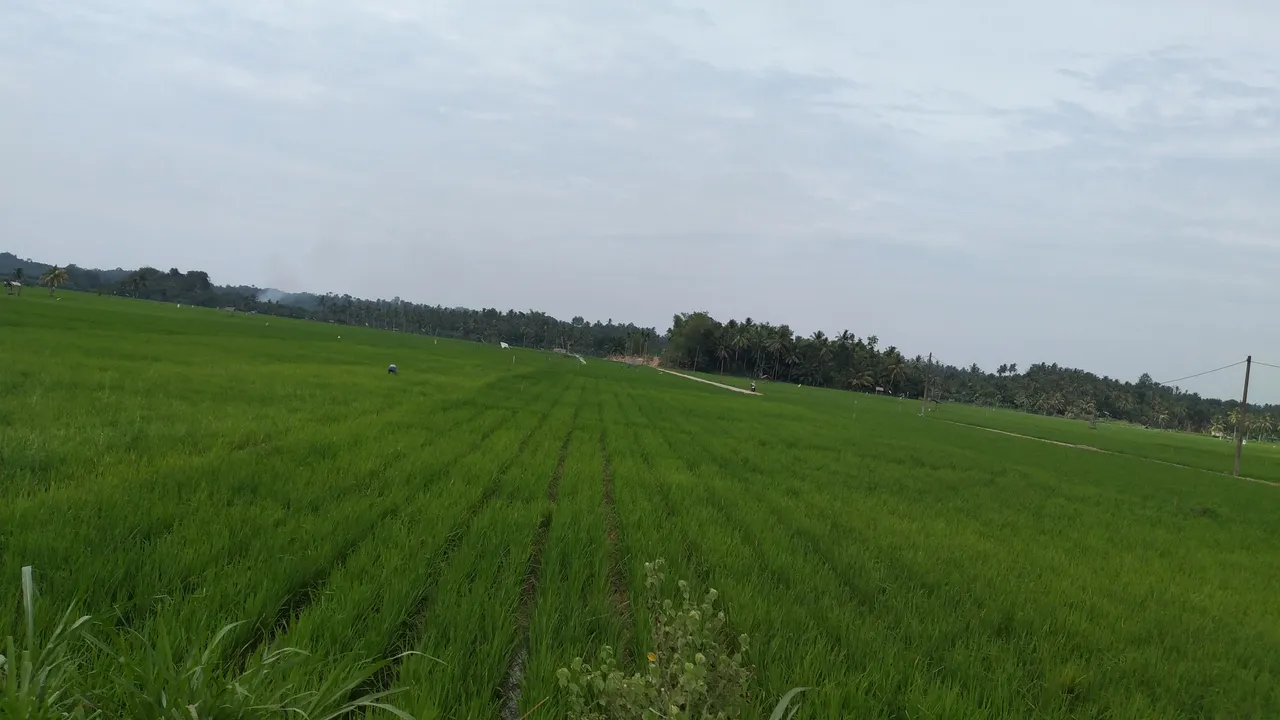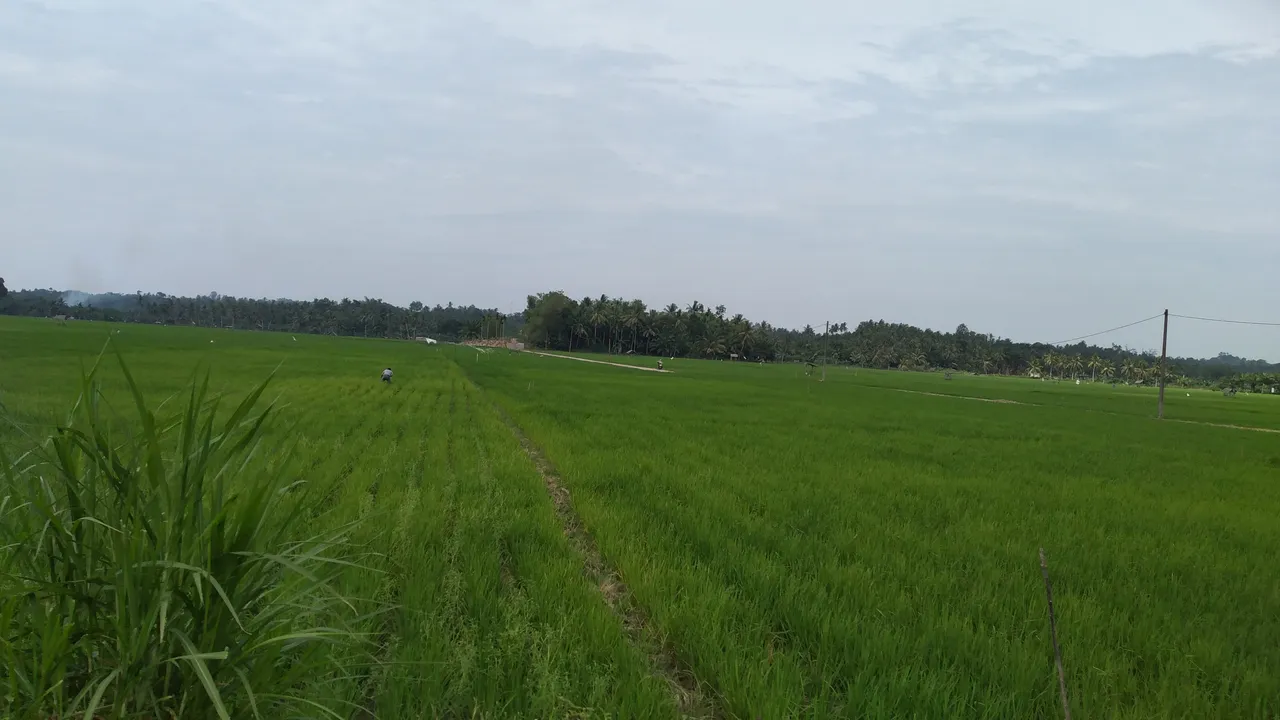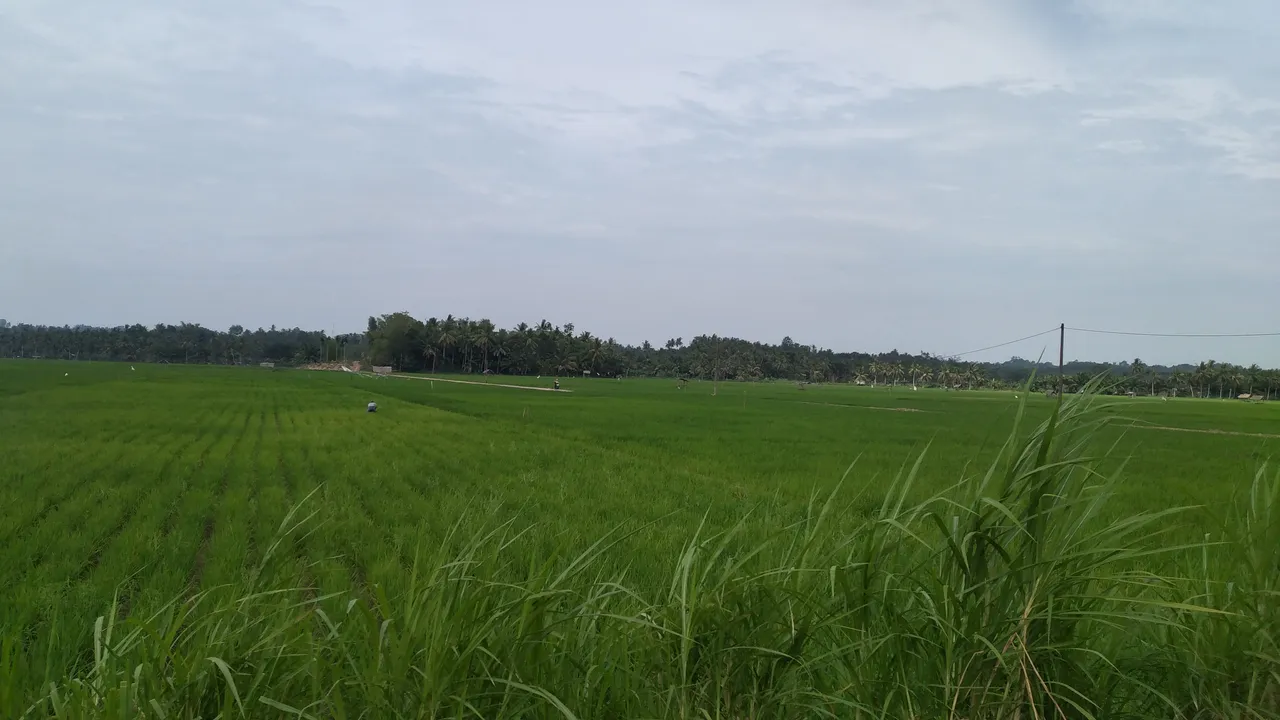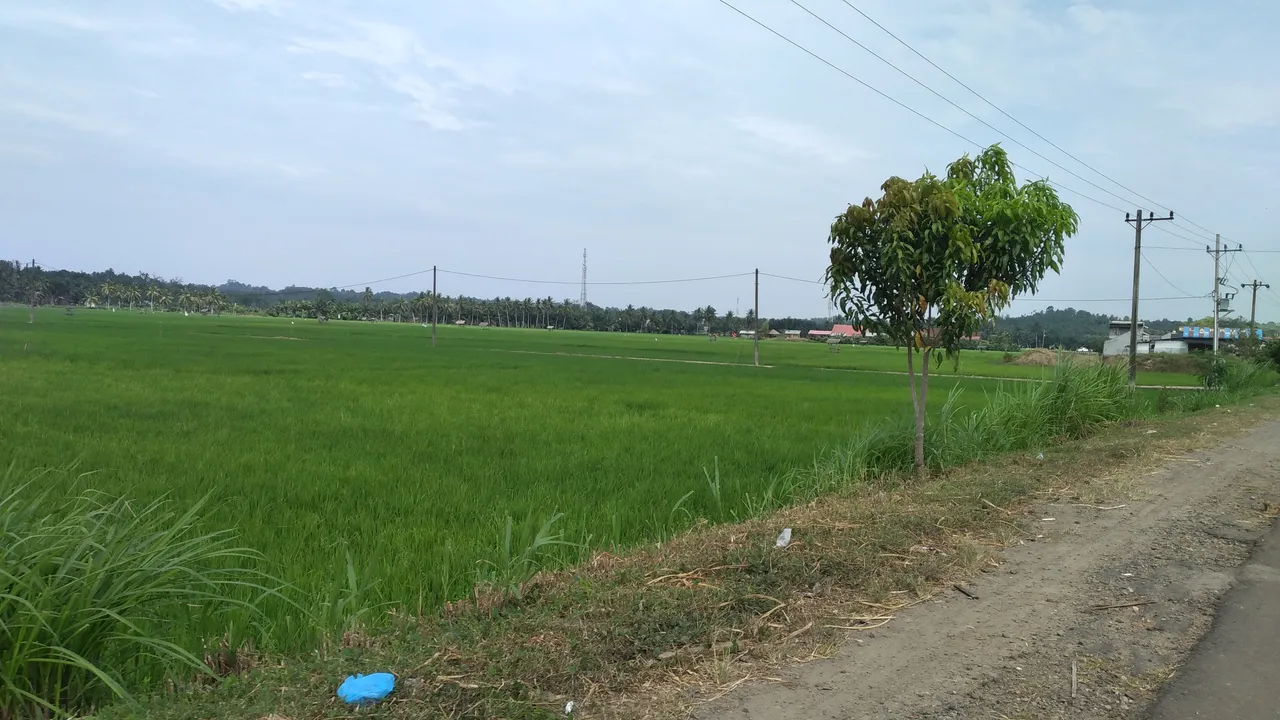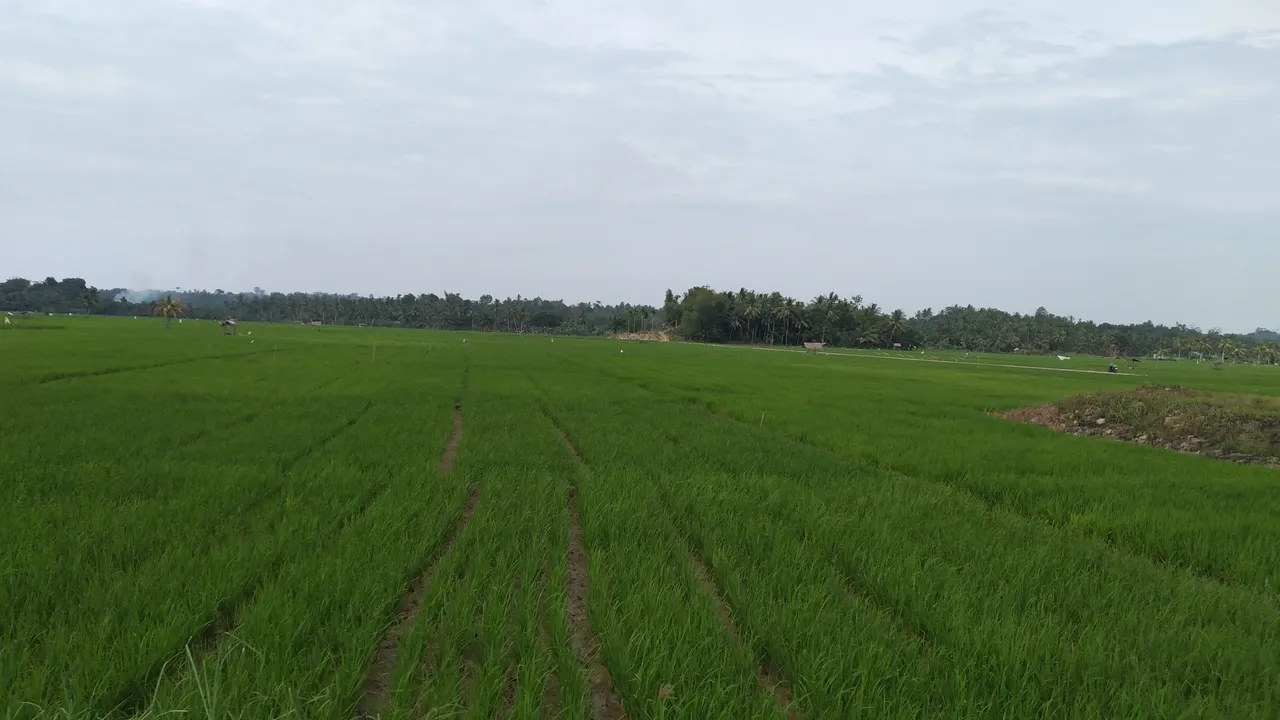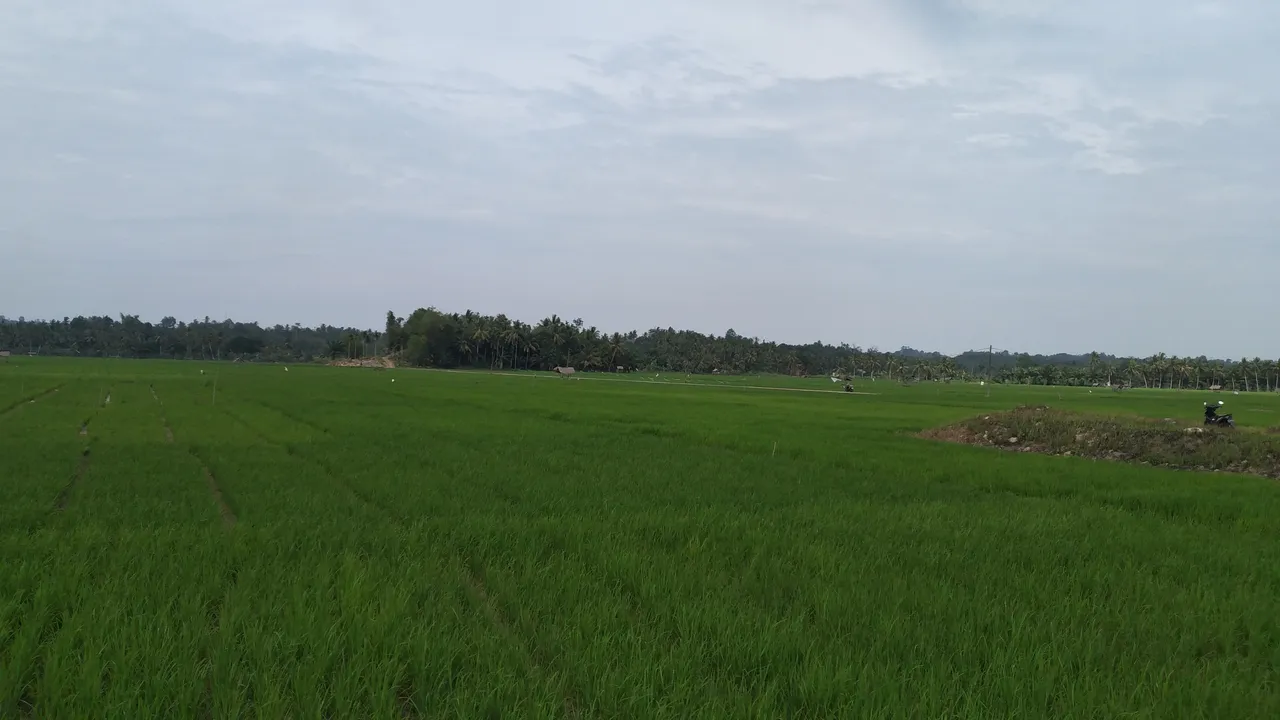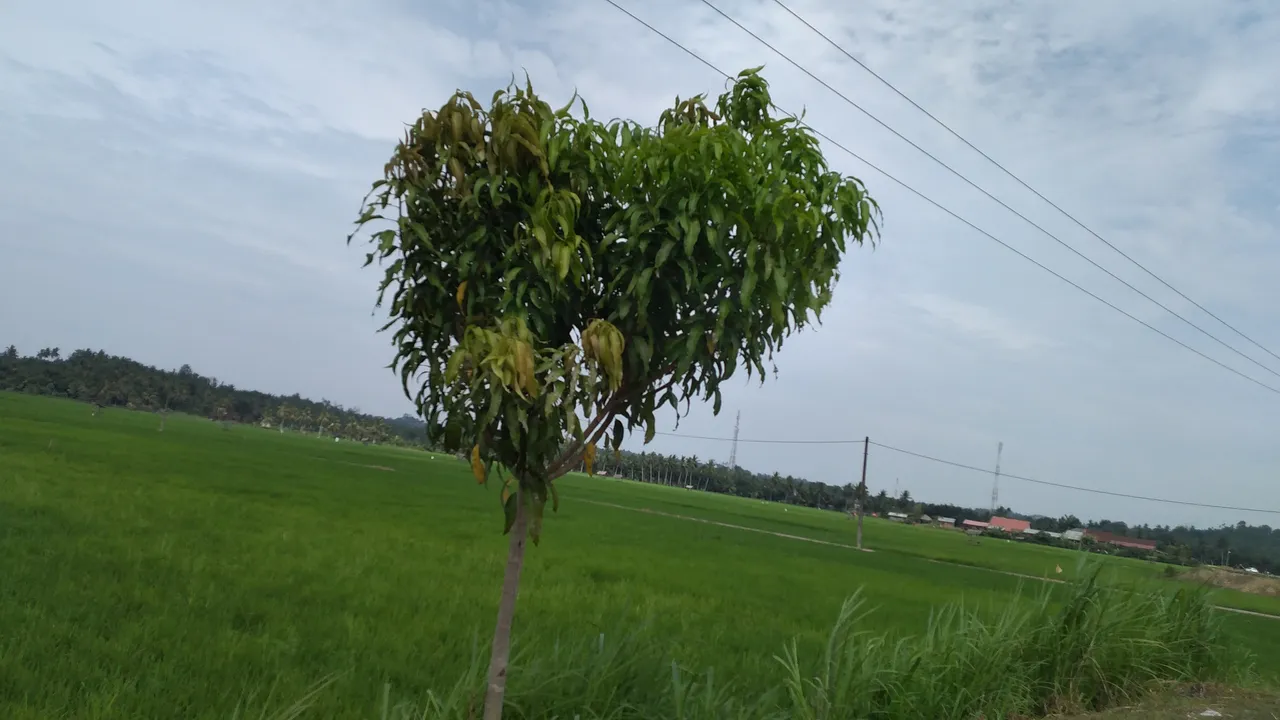
Rice Land Investment is an alternative type of investment that can be chosen if we don't want to worry too much about complicated calculations.
Buying rice fields to rent and/or sell after some time (waiting for an increase in market prices) is very profitable if we pay attention to several things such as location, water access, projected development of the surrounding environment, and harvest climate. Rice Land Investment also has the following advantages and disadvantages:
Excess:
Generate opinions from the harvest.
There is no need to spend money on land development (land improving) because basically rice fields are rice fields that already have running water.
The price tends to never go down unless a force majeure event occurs.
Price increases from year to year tend to be large and depend on market supply and demand.
Lack:
It must be entrusted to someone who can manage and lives close to the rice field.
The risk of crop failure is very large, because it is influenced by many factors, one of which is natural factors.
Rental income cannot be obtained regularly every month.
Even though the price per meter of rice field is very cheap, the capital required is quite large, starting from hundreds of millions, because some rice fields have quite a large area.
The productivity of rice fields planted with rice will decrease in productivity if buildings have been built on either side of the rice fields, it is likely that the rice fields that have been planted will have to start planning to be sold as housing.
More or less that's all and thank you.
Hope it is useful.
